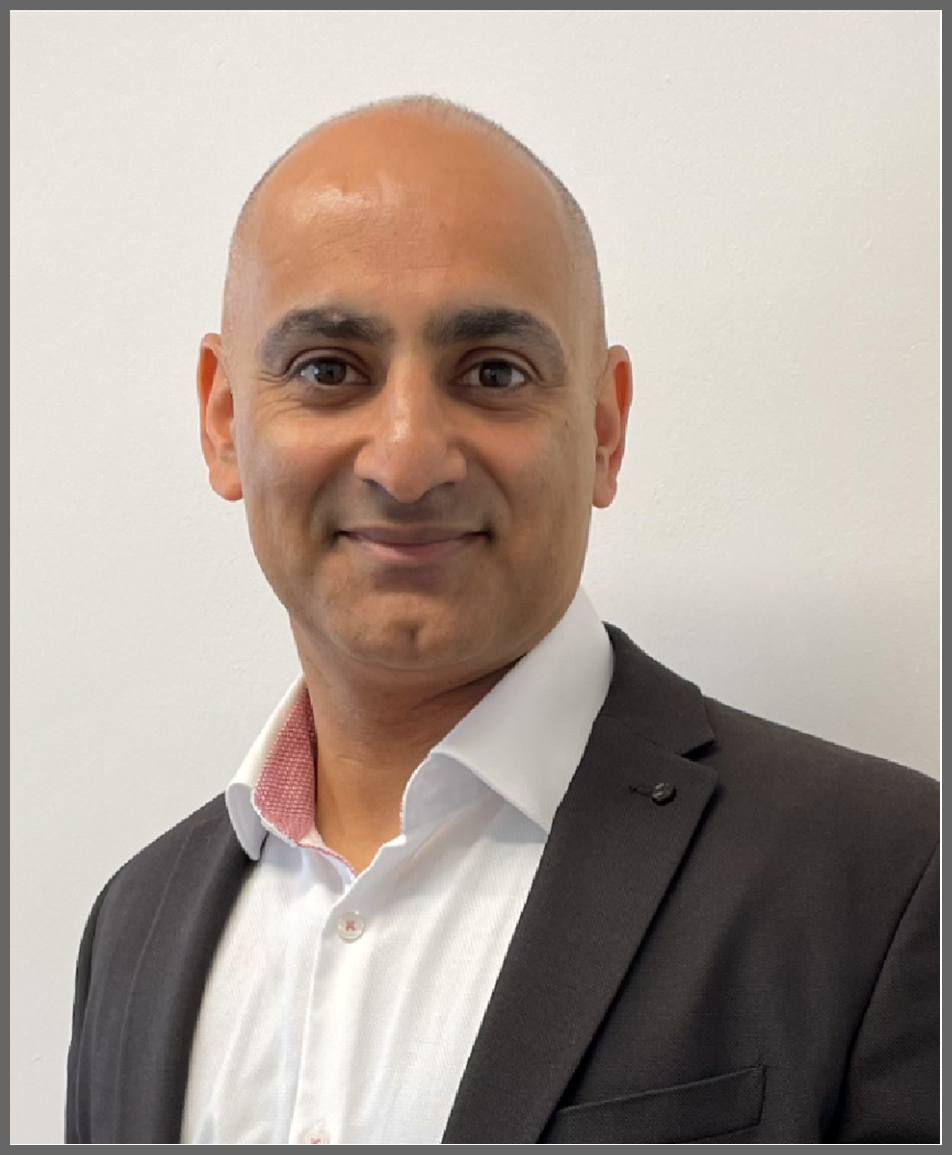Dr. Rohit Seth is trained in Plastic, Reconstructive, Aesthetic and Hair Transplant Surgery with over 20 years of surgical experience. He is one of the Experts work for EWI Corporate Partner, British Medical Experts. A practicing clinician and Expert Witness, he shares how he balances a busy private surgical career with expert reporting and what makes this work both intellectually rigorous and professionally rewarding.
I first got involved in Expert Witness work several years into my consultant career.
Early on, I found myself asked informally by colleagues and legal contacts to review documentation or provide an opinion on complications or unexpected surgical outcomes. It quickly became clear to me that this wasn’t just an extension of clinical work — it was a different discipline altogether.
So I trained — in report writing, courtroom preparation, and the duties of an expert — and formally began accepting instructions. I now produce expert reports primarily in plastic and aesthetic surgery cases, often involving claims of negligence or issues of consent. I have also been accepted on to an MA Law degree which I am intending to start in the next year.
I split my time between clinical practice and expert reporting.
On average, I operate three to four days a week across my private clinics in Luton, Reigate, High Street Kensington and additionally provide surgical services in Derby, Canary Wharf and Sheffield.
Surgically, I perform a wide range of procedures, from blepharoplasties, buccal fat pad reductions, aesthetic labia surgery, gynecomastia to liposuction and hair transplantation.
Non-surgical I am an international and national trainer and KOL (Key Opinion Leader) for the endolift (eufoton) laser machine for non surgical face, neck and body lipolysis and skin tightening and lifting. Each case I take on, is tailored, and maintaining patient care at the highest standard is non-negotiable.
 The other part of my week — typically one to two days per month— is dedicated to my medico-legal work. This includes reviewing case bundles, writing reports, responding to clarifications from solicitors, and occasionally giving evidence in court.
The other part of my week — typically one to two days per month— is dedicated to my medico-legal work. This includes reviewing case bundles, writing reports, responding to clarifications from solicitors, and occasionally giving evidence in court.
The cases I’m involved with are often highly specialised.
These aren’t general medical negligence cases — they usually involve surgical technique, anatomical considerations, patient expectations, or outcomes in aesthetic procedures. That might be a patient dissatisfied with a breast augmentation result, or a claimant alleging nerve damage following liposuction. My commonly requested areas of instruction for expert witness work are in hair transplant surgery, all aspects of aesthetic surgical and non-surgical aesthetic treatments.
Sometimes, I’m asked to review whether consent was properly documented and explained. In aesthetic medicine, patient expectations can sometimes be unrealistic, and documentation is critical.
One of the more challenging cases I worked on involved alleged negligence during a hair transplant case.
The patient suffered with a degree of over harvesting which was discussed as part of the risks of surgery but the overall results were in keeping with what would be considered a standard result. The main issue was that documentation was not clear and the question of appropriate timing of the informed consent was the concern which fell below an acceptable standard of care.
I reviewed the pre-operative records, the consent forms, the surgeon’s operative notes, and post-op care. The details mattered, and I had to tread carefully between surgical risk and documentation fault which made it tricky. The discussion with the defendant and claimant had been appropriate but the amount of time the claimant had to consider all the risks was questioned. As an expert witness, the duty is to the court and to ensure impartiality and sometimes the difficulty is in knowing that although the actual procedure has been carried out effectively and correctly, the administrative processes leading up to it were not to the required standard.
I try to maintain a balance between claimant and defendant work.
Roughly 75% of my reports are for claimants, and 25% for defendants, but I remain objective throughout. I always say — my duty is to the court, not the solicitor. That independence is fundamental. My reports are my opinion alone. If I'm not comfortable defending it in court, I won’t write it.
Giving evidence in court is different from the operating theatre — but the pressure feels familiar.
Cross-examination isn’t a personal attack, though it can feel like it at times. The key is preparation. Know your report, anticipate the opposing side’s arguments, and stay calm. And always — always — be honest about the limits of your expertise.
Medico-legal work has improved my clinical practice.
Expert work forces you to look at outcomes differently. It keeps your documentation sharp and encourages constant reflection on what defines ‘reasonable care’. It also broadens your perspective — you learn from others' errors and become more mindful of your own practice.
For medical professionals considering expert work, I’d say this:
Don’t treat it as an ‘add-on’ to your clinical career. It’s a separate professional path that requires training, diligence, and integrity. Be prepared for scrutiny — not just of your opinion, but of your credentials and experience, your reasoning, and your communication style.
But if you are committed to high standards and passionate about your field, it’s an incredibly rewarding role. You contribute to the pursuit of justice, help clarify complex clinical questions, and ultimately support safer healthcare.
We need more experts with specialist knowledge and clear voices. But you must first be an expert in your field — everything else can be taught.